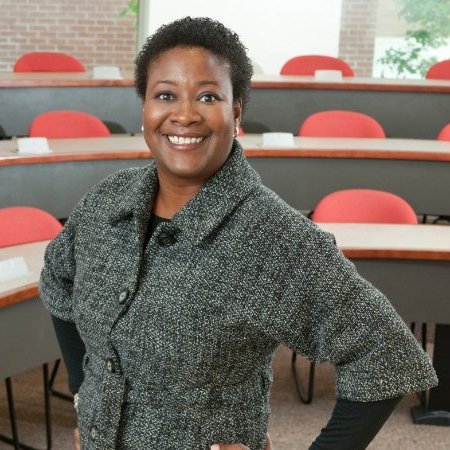‘Why not replace the ‘Terms and Conditions’ approval process with a more easily understood, interactive form which triggers critical thinking before granting access to a technology, game, app or software package?’ Read Deborah Carter’s (Founder and Managing Director New Tech Kids and Preparation Tech) thoughts on a better future for children and technology.
What was your first or favourite tech device?
Definitely my SONY Walkman cassette player. That changed my life. Until then I had LPs and the radio. My mum always had the radio on, but it was revolutionary when I got that Walkman. I could wear it like a purse with the earphones. I was in my own world, dancing all the time. Finally, I could take the music I liked wherever I went so I could be in my own world on the go. It still gives me warm and fuzzy feelings.
What do you wish for children in the area of technology, now and in the future?
I wish that all acquire a critical mindset when it comes to technology. We have to bust this whole passive approach of “yeah, technology, I’ll just accept everything so I can start using it” without reflecting on it and the implications of it. I would love to see kids who are equipped with the thinking frameworks to consider technology. Its impact on their lives, its impact on society. And to really think of it in terms of ethics: does this technology reflect the values that I support? Is it exploitative? Does it do harm? Is it empowering or enslaving?
At NewTechKids we worked with a master student in applied ethics to develop lessons which teach formal ways to think and evaluate the ethics of technology. So that whenever the kids worked with technology, they have the frameworks to evaluate it. Right now it’s like “oh, uhm.. Tiktok is bad, I know, or Facebook is stealing my data, but …” But it’s got to be deeper than that. It means understanding the consequences of technology. It means making sure that technology reflects the individual character traits that I think are important. And it means introducing technology but creating rules which amplify technology’s good consequences while reducing its bad consequences. So, critical thinkers. Because technology is going to come even faster and more furious and we need the thinking frameworks to deal with it.
In what way does your organisations work with children?
We teach children about technological innovation. About computer science, coding, robotics and design. It’s very easy in this space to just focus on how to make technology. To look at the science is behind it. What we like to think we do differently is to encourage kids to think about the technology they use and consume. We show the kids tech and ask them, what do you think? Is it okay? Why is that? Who is responsible?
We give them scenarios and get them to think about the advantages and potential downsides. We do this before we start designing prototypes and we talk about potential positive and negative consequences and how we could mitigate them. We ask a lot of questions about how it’s going to impact people. It’s about training people to think about now and the future, not just the tech.
Why is this code relevant for your organisation or audience?
It’s a great teaching resource. We are going make kids aware that it exists, why it was created and what it says. It’s a great way to talk about the fact that technology companies are accountable. Even to children, they are accountable.
This code is a rallying cry for kids as well as educators, parents and caregivers. It was developed to guide the invention and deployment of technology and not as a reaction to existing technology.
Which principles of the Code for Children’s rights are the most important for you, or what are you most worried about?
They’re all good, but I don’t see anything in there about promoting critical thinking about technology amongst kids. Transparency is not enough, I would like to see a provision that explicitly compels technologists to invent technology which encourages kids to think critically about it. Why not replace the ‘Terms and Conditions’ approval process with a more easily understood, interactive form which triggers critical thinking before granting access to a technology, game, app or software package?
How are you going to implement the code in your work?
We are definitely going to use it as a teaching tool.
Who else should know about this code?
Parents and teachers should know about it, besides the government and technologists. I also think it’s important that the code gets into the institutes and schools that train these people. That it’s part of the curriculum for elementary and secondary school teachers as well as teachers specialized in computer science, coding, game design and other digital technology specializations.

